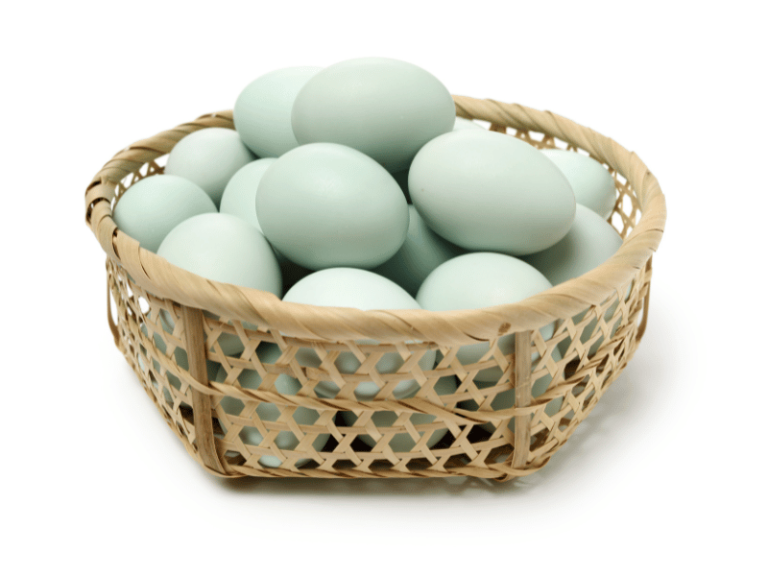“Spring river water warm, ducks know first.” In the Jiangnan region, as the weather gradually warms, flocks of ducklings joyfully swim in ponds and streams, heralding the arrival of spring. It’s widely known that these ducklings are either hatched by mother hens or artificially incubated, not by ducks themselves. Why don’t ducks incubate their own eggs?
Ducks are divided into wild ducks and domestic ducks. There are many species of wild ducks such as mallards, pintails, and teals, commonly referred to as wild ducks. They are widely distributed worldwide but breed only in Siberia. From April to June each year, they nest near water in grass thickets, burrows in the ground, or hollows in dead trees. They typically lay eggs once a year, with each clutch containing 4-12 eggs, and they rear their chicks in one brood. Sometimes, if their nests or eggs are destroyed by other animals, they may nest again at a higher location, extending the incubation period. In autumn, wild ducks migrate in flocks to winter in China or further south. Come spring next year, they migrate back in flocks to breed in the north. These migrating birds in winter are well known to everyone.
There are many breeds of domestic ducks, which are derived from wild ducks, especially the mallard, through human domestication. Over a long period of human rearing, especially with mallards, they have lost their migratory habits and also the instinct to nest and hatch eggs. Therefore, domestic ducks do not incubate their eggs, which is a result of human domestication and modification. Additionally, domestic poultry with strong egg-laying abilities tend to produce fewer eggs. The purpose of raising ducks is for meat and eggs, and to increase egg production in domestic ducks, breeds with higher egg-laying capacities were selected and bred, causing even egg-laying breeds like the Leghorn chicken to completely lose their incubation instincts.

